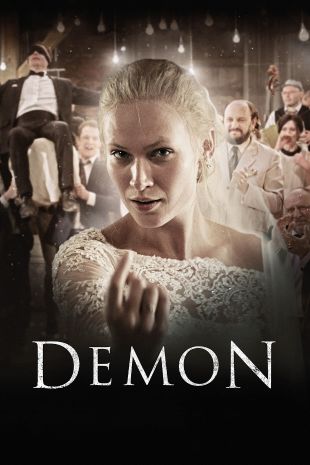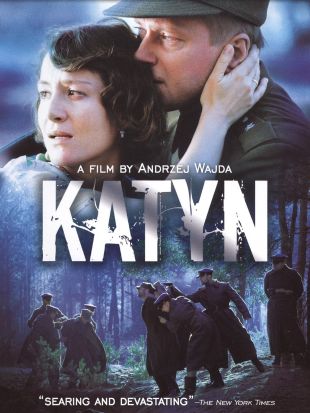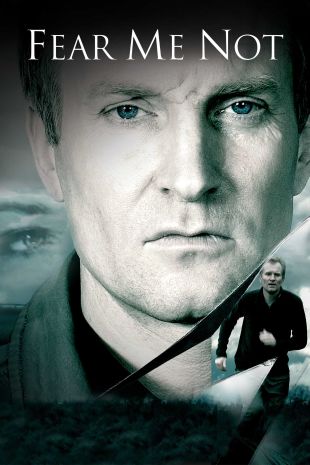After early private study in composition, Penderecki enrolled at Kraków University. In 1959, he wrote three outstandingly innovative and prize-winning compositions: "The Psalms of David" for chorus and percussion, the orchestral Emanations, and an Epitaph in Memoriam Artur Malawski. He soon became internationally known for his Threnody for the Victims of Hiroshima for 52 solo strings (1960) and the St. Luke Passion (1963-1965). These works contain astonishing timbres: bizarre air-raid siren-like string glissandi, icy harmonics, thunderous percussion, undulating surfaces, and breaking sounds (finger snaps on strings, col legno battuta, etc.). He also integrated delicate sounds (such as in De Natura Sonoris No. 1 and No. 2) and drew on Roman and Orthodox chant. These works have an appealing directness, sometimes verging on the crude or grotesque as in the opera The Devils of Loudon (1968), that has made Penderecki popular. These early pieces have been employed more or less as "sound effects" in sci-fi and horror films. The composer may have unknowingly encouraged these associations through his own titles, unlike the program-less "purity" of Stockhausen and John Cage, for example. Penderecki's later style, as in the excellent symphonies, re-defines tonality and melody.
Most films that use Penderecki's music quote pre-existing works, but his first two soundtracks for director Wojciech Has were original scores: the mysterious and surreal Saragossa Manuscript (1965), structured as stories-within-a-story in the Inquisition era, and Szyfry (1966) (aka The Codes). Alain Resnais' Je t'aime, Je t'aime (1968) contrasted Penderecki quotes with Thelonious Monk's Misterioso.
Two horror films, successful both in their popularity and aesthetic achievement, employed quotes from Penderecki works: William Friedkin's The Exorcist (1973), and Stanley Kubrick's The Shining (1980) together with the television piece Making the Shining (1980). Both employ Penderecki's music as a sort of sound-effects grab bag for moments of building mystery and accentuations or "stabs" at tense moments; for example, the string snapping sounds that serve as segues in The Shining and the random string pizzicati and massed dissonances that underscore the terrifying hallucinations of Wendy Torrance (Shelley Duvall) as she is running from her deranged husband (Jack Nicholson), the gushing torrents of blood that fill the hotel corridor, and so on. In Jerzy Skolimowski's one-time censored Rece do gory (1981) (aka Hands Up!), that travels back and forth between decades, Penderecki's music underscores a sci-fi motif and the ruins of Lebanon.
Penderecki appears in Boleslaw Sulik's stunning interpretation of the composer's Polish Requiem (1989) that is built from WWII imagery of death and destruction in Poland. Penderecki's music also appears briefly in Antonio Mercero's La Gioconda está triste (1975), Muratov's war drama Moonzund (1987), Dimitar Petkov's Tishina (1991) abut a young sculptor's scandalous show in 1962, Attila Janisch's Arnyék a havon (Shadow on the Snow, 1991), and Peter Weir's Fearless (1993, along with Jarré, Beethoven, and Gorecki).


